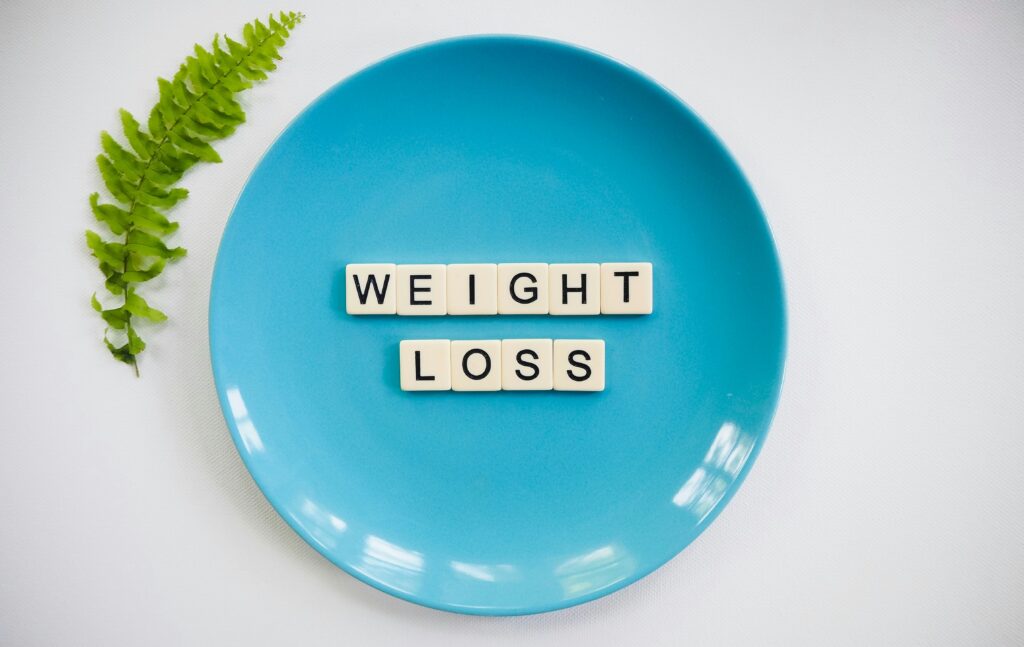10 Proven Weight Loss Tips That Actually Work (Backed by Science)

Every year, millions of people try to lose weight but often fail. Fad diets and quick fixes don’t work well. But, what if you could lose weight with science-backed methods? This article shares 10 proven strategies for lasting weight loss. These tips will give you the knowledge and steps you need, whether you’re just starting or looking to improve your approach.
1. Practice Mindful Eating
Mindful eating means paying attention to when you’re hungry and enjoying each bite. A 2018 study in Obesity Reviews showed it can lead to significant weight loss by reducing emotional eating.
How to Implement
- Eat slowly, chewing each bite well.
- Avoid distractions (TV, phones) during meals.
- Pause halfway through your meal to check if you’re full.
Pro Tip: Use smaller plates to control portion sizes without thinking about it.
2. Prioritize Protein in Every Meal
Protein makes you feel full and boosts your metabolism. A study in The American Journal of Clinical Nutrition found high-protein diets help lose more fat.
How to Implement
- Add lean meats, eggs, or legumes to meals.
- Choose protein-rich snacks like Greek yogurt or nuts.
Common Mistake: Don’t rely too much on processed protein bars; choose whole foods instead.
3. Stay Hydrated Throughout the Day
Drinking water can boost your metabolism by up to 30% for an hour, as a Journal of Clinical Endocrinology and Metabolism study found. Often, thirst is mistaken for hunger.
How to Implement
- Drink a glass of water before meals.
- Make water more interesting by adding fruits.
4. Incorporate Strength Training
Muscle burns more calories than fat, even when you’re not moving. A 2017 study in Obesity showed combining strength training with cardio is better for fat loss than cardio alone.
How to Implement
- Do 2–3 strength training sessions a week.
- Use bodyweight exercises (like squats, push-ups) if you can’t get to the gym.
5. Prioritize Quality Sleep
Bad sleep messes with your hunger and fullness hormones, leading to cravings. A Annals of Internal Medicine study found sleep-deprived people lost 55% less fat.
How to Implement
- Try to get 7–9 hours of sleep each night.
- Have a bedtime routine (like reading or dimming lights).
6. Eat More Fiber-Rich Foods
Fiber makes you feel full longer. Soluble fiber, found in oats and apples, can reduce belly fat, a Nature Communications study found.
How to Implement
- Switch to whole grains instead of refined ones.
- Snack on veggies with hummus.
7. Limit Sugary Drinks and Liquid Calories
Liquid calories don’t make you feel full like solid foods do. A Harvard School of Public Health study linked sugary drinks to a 60% higher obesity risk.
How to Implement

- Replace soda with sparkling water or herbal tea.
- Choose whole fruits over fruit juices.
8. Try Intermittent Fasting
Fasting lowers insulin and boosts fat burning. A 2020 New England Journal of Medicine review showed it works for weight loss.
How to Implement
- Start with the 16:8 method (fast for 16 hours, eat within 8).
- Stay hydrated during fasting windows.
9. Manage Stress Effectively
Stress raises cortisol, leading to fat storage, mainly in the belly. A Psychosomatic Medicine study found reducing stress lowers BMI.
How to Implement
- Practice yoga or meditation.
- Engage in hobbies to divert stress.
10. Track Your Progress Consistently
Tracking progress with journals or apps boosts accountability. A American Journal of Preventive Medicine study showed tracking doubles weight loss success.
How to Implement
- Use apps like MyFitnessPal or a simple notebook.
- Weigh yourself weekly, not daily, to avoid obsession.
FAQs About Weight Loss
Q: How much protein should I eat daily?
A: Aim for 0.8–1.2 grams per pound of body weight, depending on activity level.
Q: Is intermittent fasting safe for everyone?
A: Consult a healthcare provider if pregnant, diabetic, or with a history of eating disorders.
Q: Can I lose weight without exercise?
A: Yes, but combining diet and exercise yields better long-term results.

Conclusion
Sustainable weight loss relies on science-backed habits, not quick fixes. By integrating these 10 strategies, you’ll achieve a balanced approach to health. Remember, gradual changes yield lasting results. Start with one or two tips and build from there.







